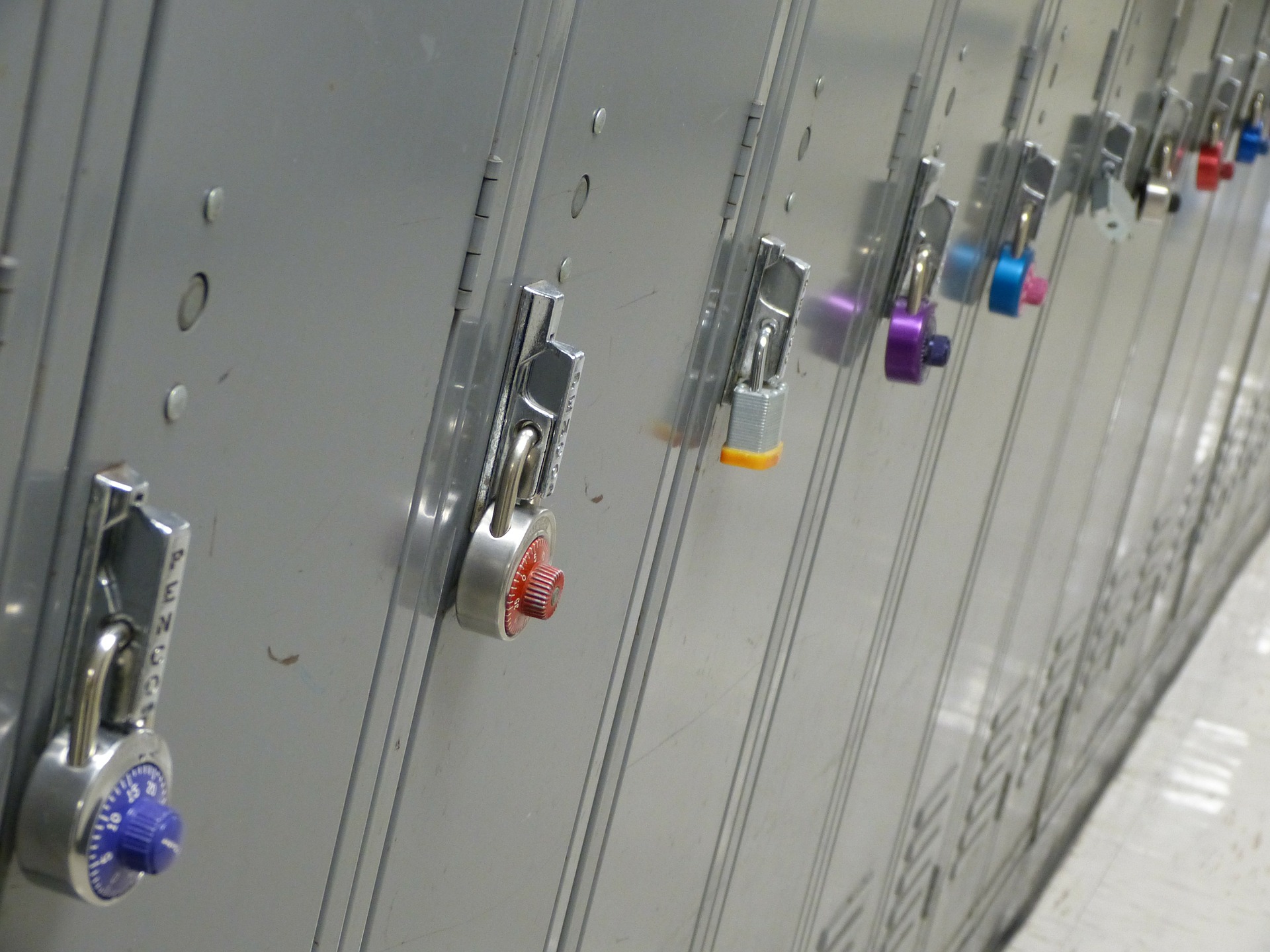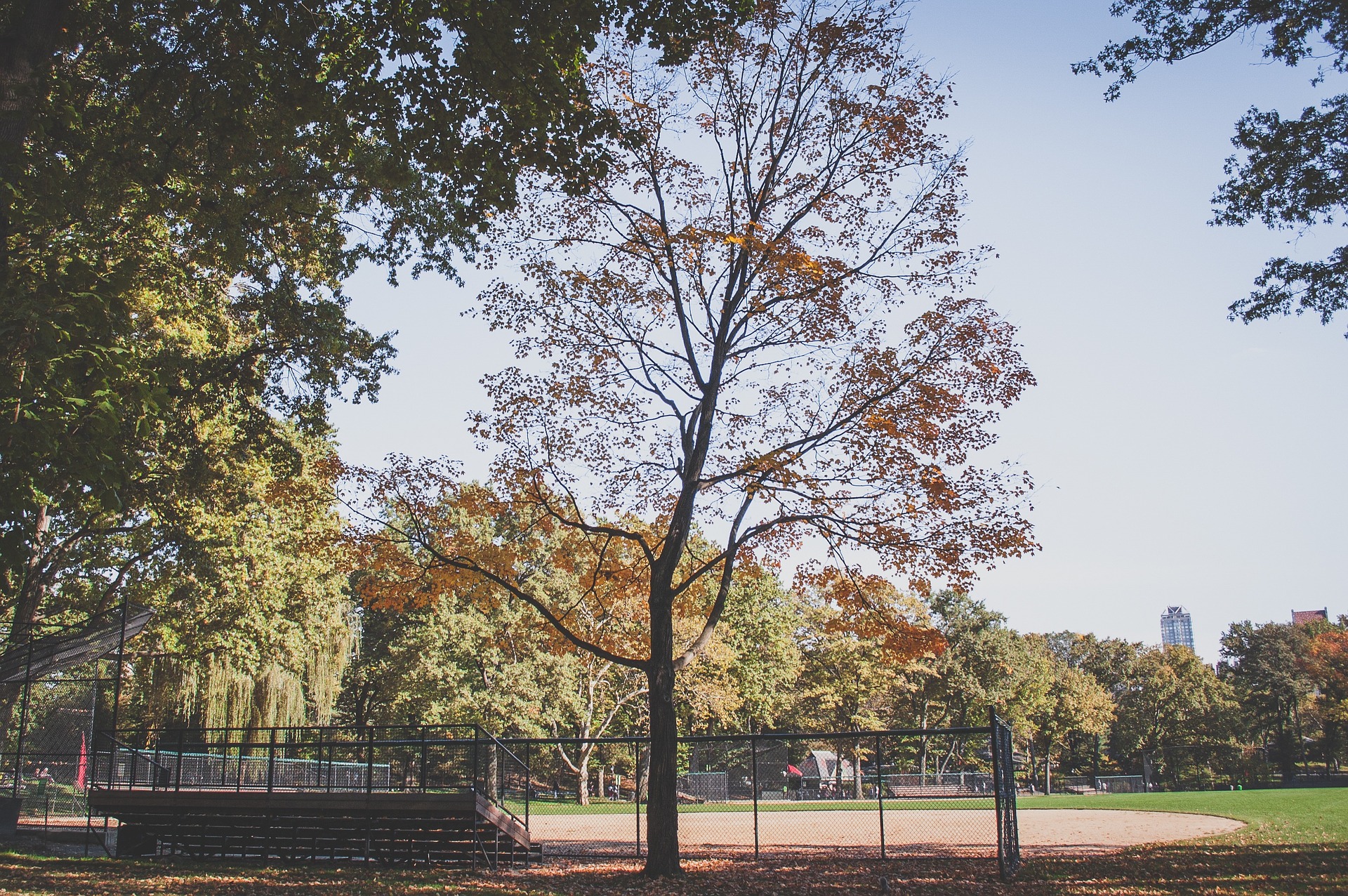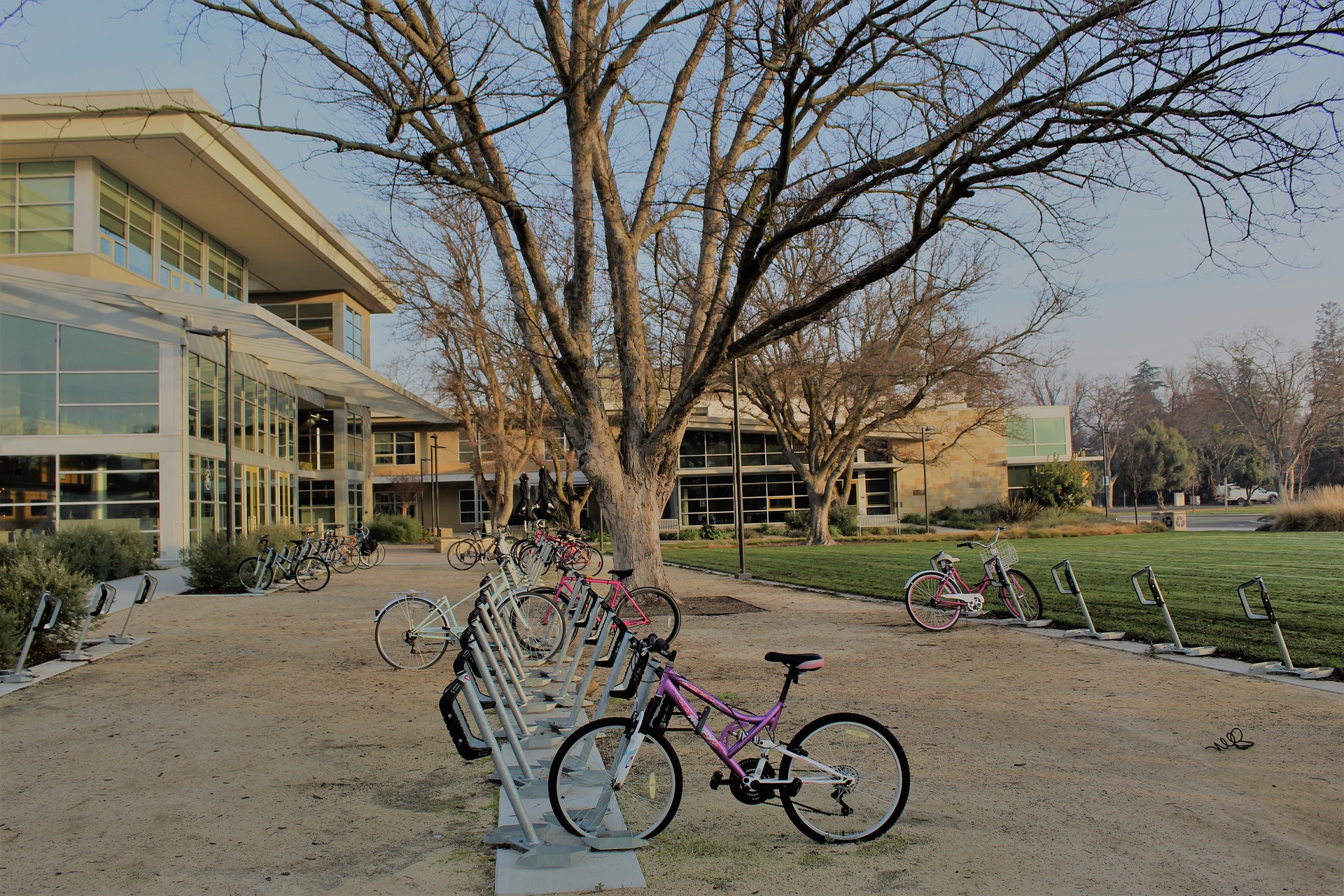Optional Materials in College Admissions
If you want to maximize your chances of acceptance, don’t consider any optional components of a college application optional. Here are some common optional components:
- Essays
- Interviews
- Video submissions
- Portolios (art, maker, etc.)
- Recommendations (any or extras)
Option to write an optional essay? Write it.
Option to interview? Sign up (then prepare for it…more on that here).
Option to create and send a video introduction, for example, like U Chicago and Bowdoin offer? Do it.
Option to send a portfolio? If you have a talent that fits the portfolio requirements go for it!
Option to send an extra letter of recommendation, or to send one at all if optional (many schools require zero LORs, so if you can submit one as an option….)? Request one and have it sent.
Why submit optional materials? By doing so you are going above and beyond what other applicants will do to demonstrate who they are to admissions. This could be especially important this year as schools go test-optional. It demonstrates a greater commitment to being accepted to the school to which you are applying. And because there is more of “you” for them to evaluate, you typically increase your odds of winning over the admissions committee.
Also, for many AdComs, not submitting optional materials looks lazy. If I have applicant A and applicant B on the table, and all things are equal but A submits extra materials and B does not, there is a higher likelihood I am going with A if those materials help me get to know them better. I like to see the extra hustle, and colleges do, too.
*Stay in the know! Subscribe*









